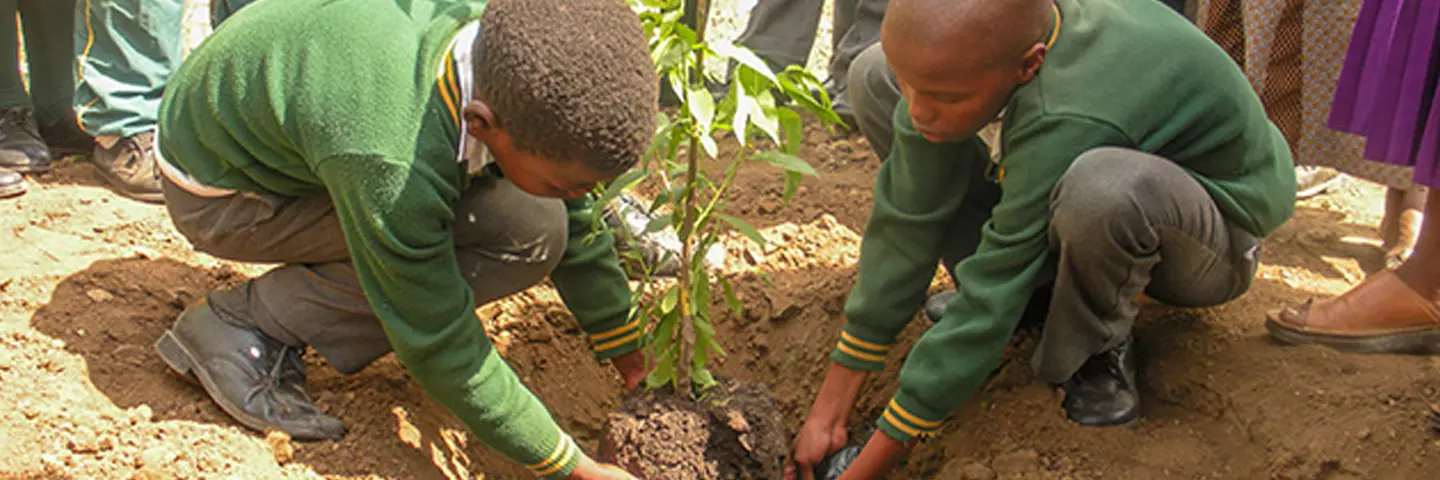
Eastern Cape, South Africa: Elementary-school children planting fruit trees
How it all began: The 5th and 6th graders at Gqumahashe Primary School in Alice, Eastern Cape, planted little peach and plum trees in their gardens. By taking care of them and watering them regularly, the children could watch the trees grow well, and in the meantime the fruit is part of the students’ meal plan.
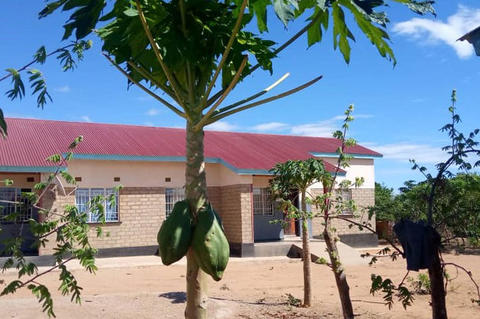
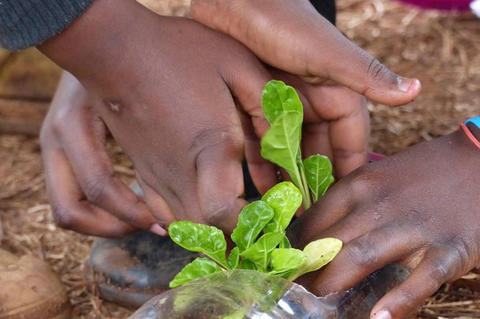
21,000 trees
In the meantime, the Umckaloabo Foundation has planted over 21,000 fruit trees at over 40 schools in South Africa, Zambia and Malawi.
This project is as simple as it is effective. The students learn the relevance of crop plants in securing the food supply as well as the role of trees in the environment: trees protect against the sun and wind, prevent soil erosion and help retain water in the soil. Given the topic of climate change, this is important information.
Planting trees for a better diet
Planting trees does more than simply increasing environmental and climate awareness, however. Fruit trees can help complement the meals at schools or in communities. Many students in southern Africa do not have enough to eat, and almost all of them have nutritional deficits. By selling what is not eaten, the school can also generate a certain amount of additional income.
This project is as simple as it is effective. Fruit trees help link the topics of environmental awareness and food supply. Through their actions, the children learn about the role of crop plants in food security. The students learn how important trees are for the environment: trees protect against the sun and wind, prevent soil erosion and help retain water in the soil. Working in the school gardens teaches young people that over time, taking care of these new trees can quite literally bear fruit, as well as shade and a place to relax.
The students are responsible for the success of their project. And the rest of the community can also learn about self-sufficiency and treating environmental issues with care. What’s more, we ourselves are often surprised by how quickly the trees grow and bear their first fruits!
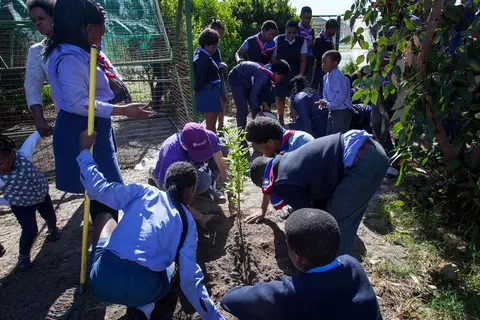
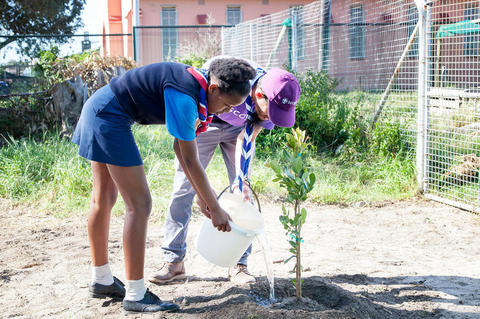
Environmental education
Part of the mission of the Umckaloabo Foundation is teaching people about nature. Environmental devastation, ecological conservation and judicious use of finite resources are all global topics. However, their local impacts range in their effects and pose different challenges.
Environmental problems such as plastic waste and deforestation are a widespread phenomenon in southern Africa, despite the fact that people’s lifestyles are still very traditional in part and despite widespread poverty. The Umckaloabo Foundation promotes education about environmental topics in schools and recreational settings.
Trees to protect the environment
For us, education is not just a matter of mastering cultural practices such as arithmetic and writing; it also has to do with people taking a conscientious approach to their own livelihoods. This is successful when the children see young trees growing — from the first sapling all the way to a mature tree that bears fruit and gives people nourishment.
The students are responsible for the success of the project, tend “their” trees, re-plant as needed and ensure a good harvest. And the rest of the community can also learn about self-sufficiency, raising trees and treating environmental issues with care.
Ecological education is a minor part of the school curriculum. The Scouts, however, run projects which feature the environment, and peer-group education conveys this content. Theoretical knowledge of the content is put to hands-on use in activities such as tree-planting campaigns.
Your donation plants more trees
Your contribution makes it possible for schools and communities to plant trees. Here too we can MAKE MORE POSSIBLE TOGETHER. In upcoming tree-planting campaigns, the Umckaloabo Foundation will address the topic of nature conservancy and food security.
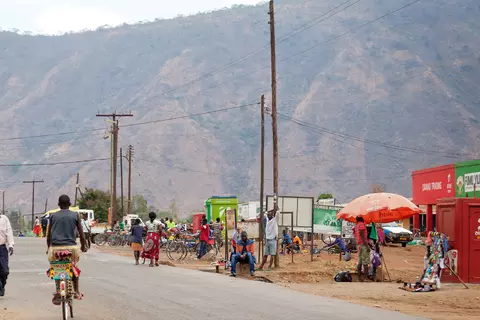
Projects
We promote the academic and personal development of children and young people.
Teaser - Projects
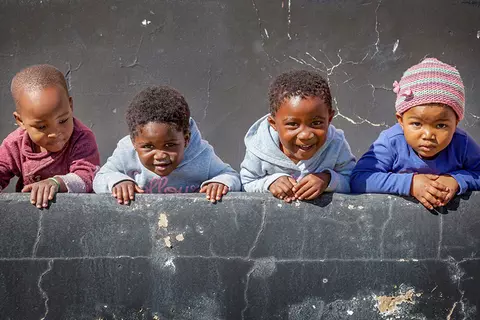
News
Stay on top of things – read here to learn all about our projects.
Teaser - News
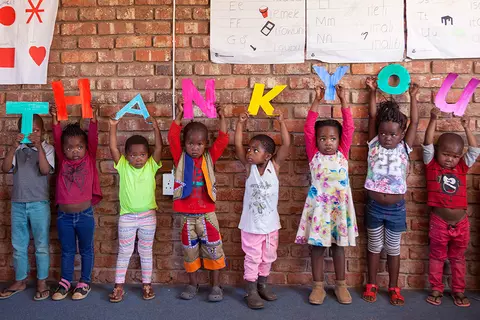
Donations
100% of your contributions goes to the projects.